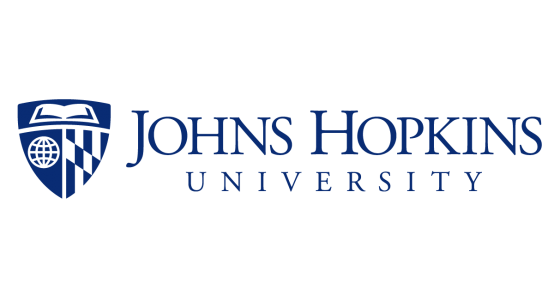When crafting the solution to this problem, we specifically referred back to the UDL framework. We made conscious choices and changes to increase choice, autonomy, relevance, and value.
Our rework of the original version of the course final project had two components. First, we addressed students’ perceived lack of relevance. The assignment switched from a marketing plan to a consumer behavior analysis. This was clearly and demonstrably relevant to the course topic, so students would grasp the practicality of the project. Second, to increase student agency and autonomy, we changed the topics to be self-selected. Rather than being handed predetermined topics, which may or may not be of interest or relevance to the students, each group was tasked with choosing a topic for the consumer behavior analysis. As can be seen from testimonial below, students not only found the project relevant, but even fun. They were able, and encouraged, to bring their own experiences into their analyses.
This change was particularly efficient and easy to implement. By making two very simple switches, student engagement, interest, and understanding increased. This is a great improvement for a relatively low time-cost activity.

